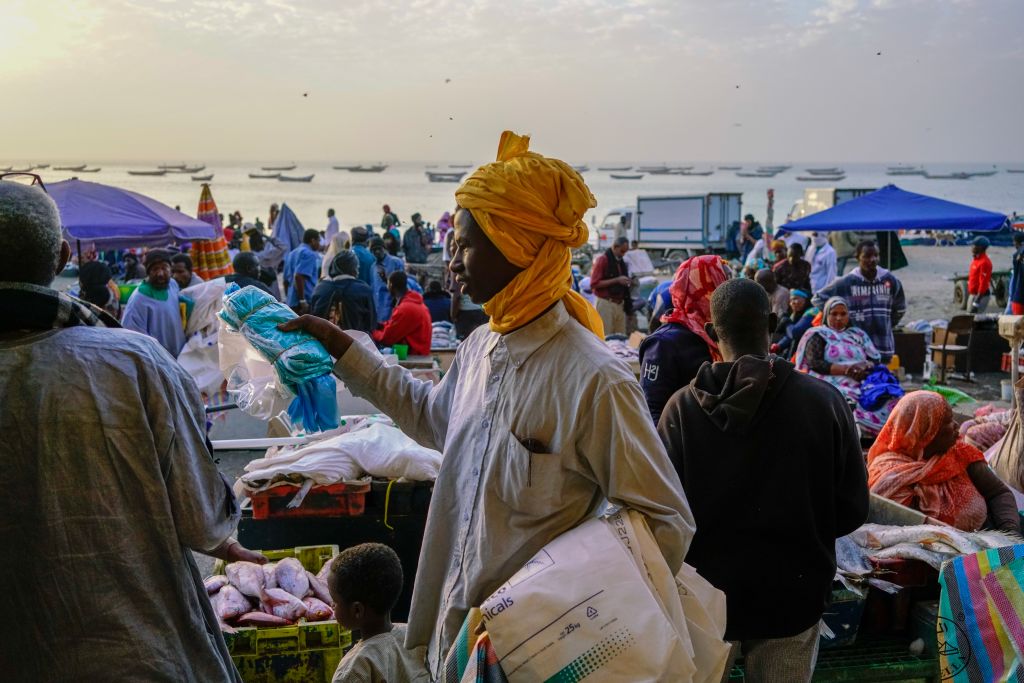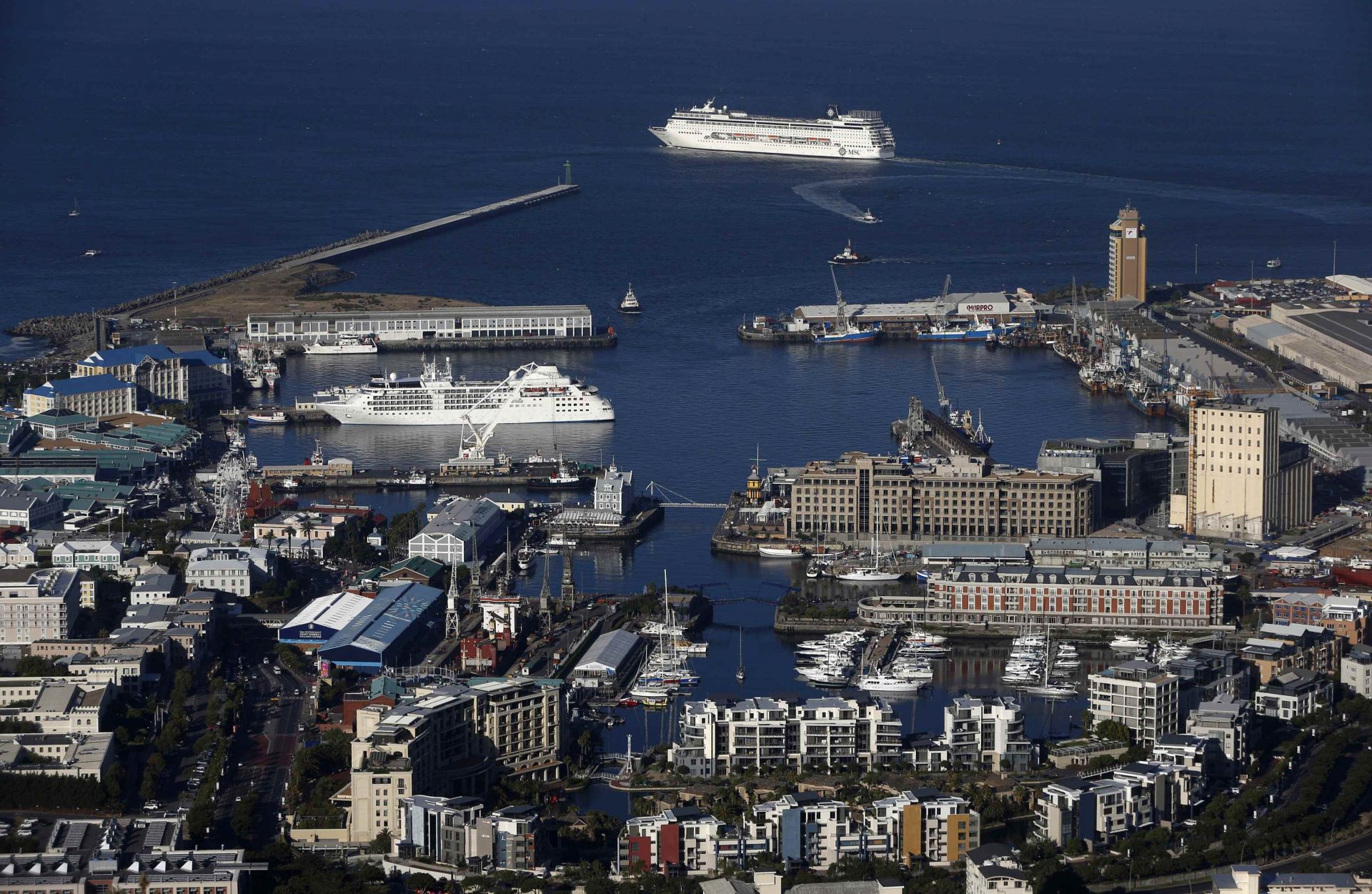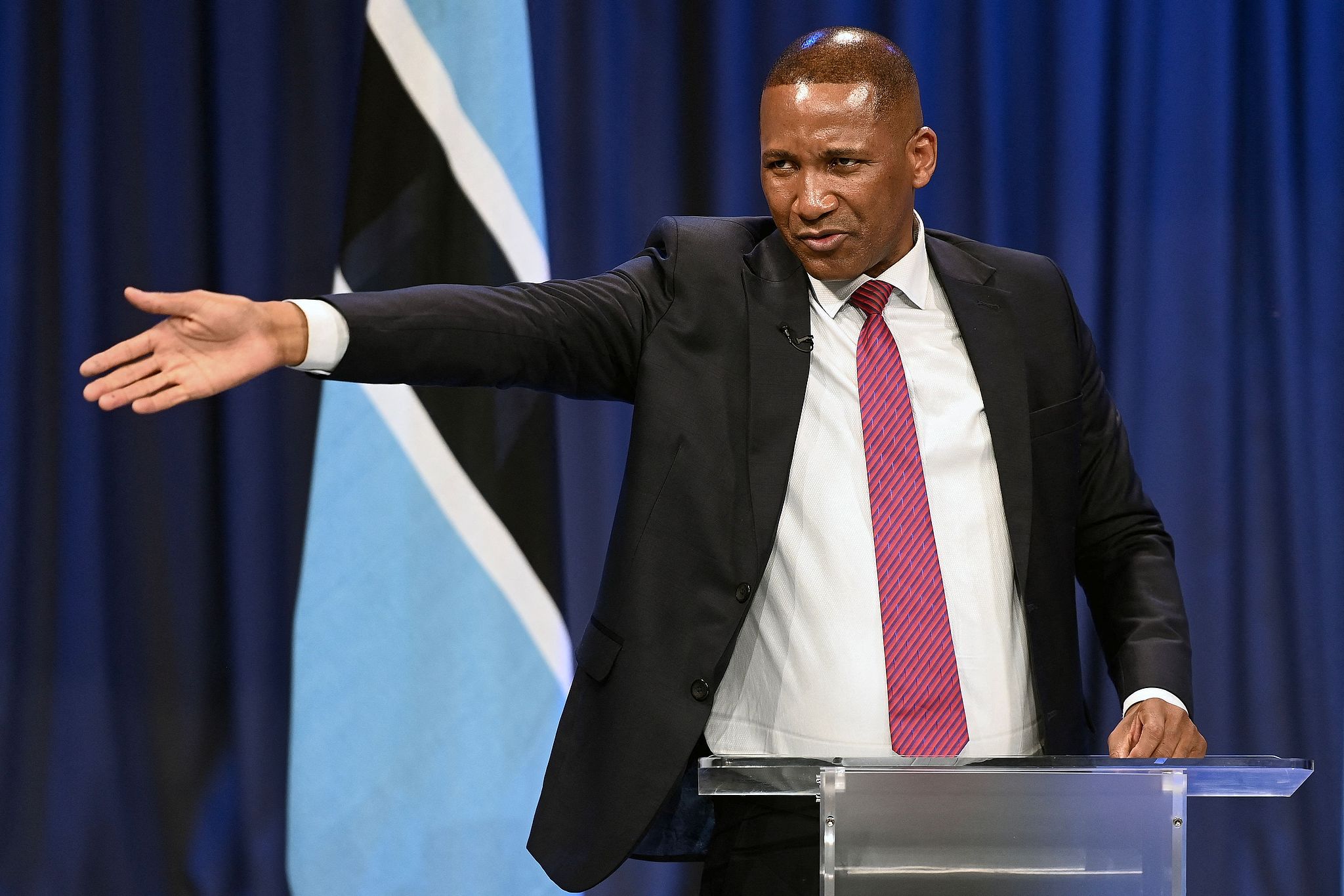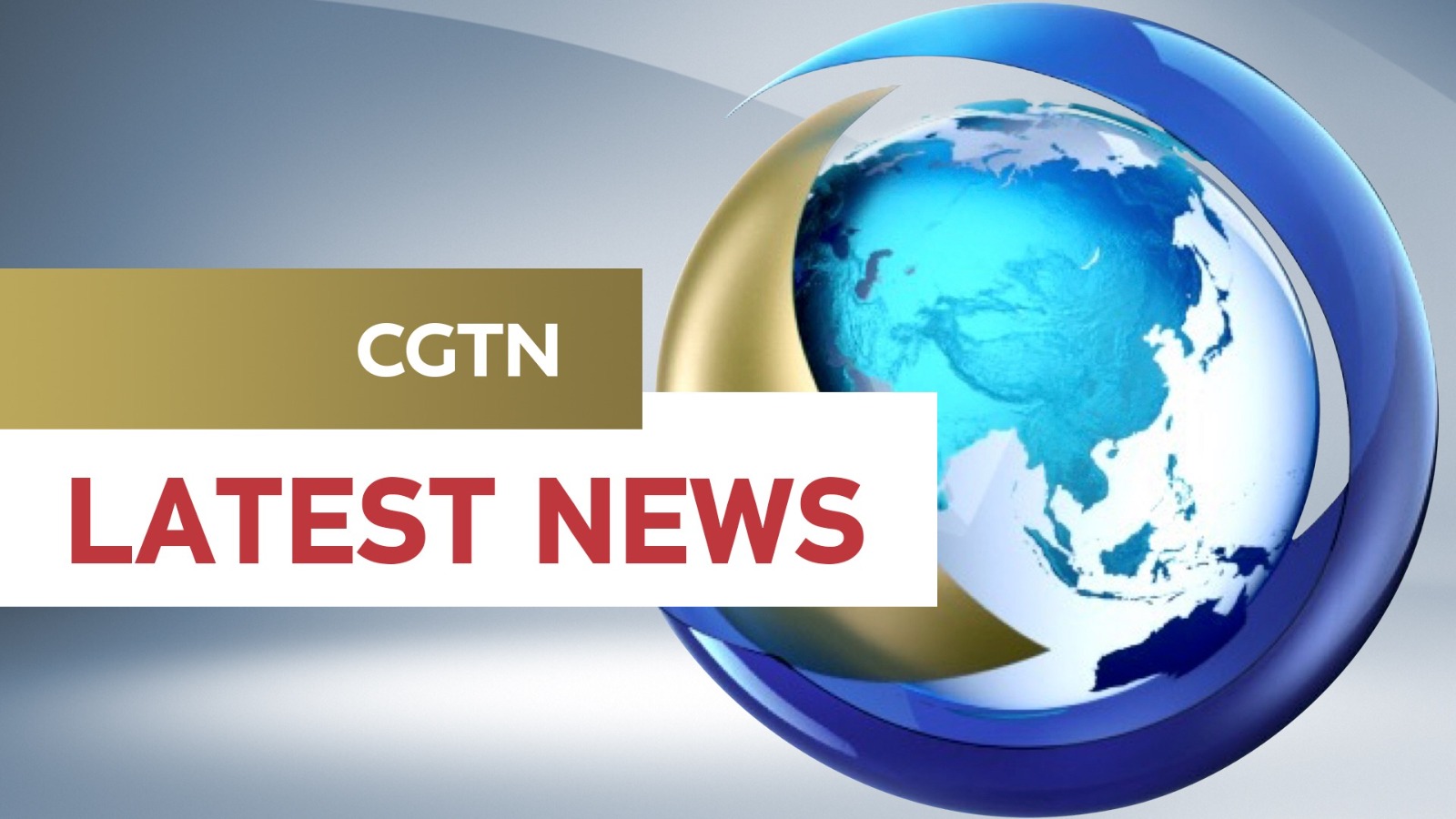
China works to stop the sinking city of Nouakchott

According to the World Bank, Mauritania has second the highest rate of urbanisation in Africa, something that bodes well for the growth of the capital city, Nouakchott.
But after rising from a tiny fishing village to a city bustling under the weight of urbanisation in a very short time, Nouakchott was not ready to meet the constantly growing population – now in excess of one million people.
To build homes for themselves, residents began using natural dunes along the coastline, resulting in erosion.
Heavy rains and rising sea levels believed to be brought on by climate change repeatedly force Mauritanians to seek higher ground to avoid flooding.
“When the rains come and it floods we always get a sewage problem,” said one resident, Abou Mohamed. “There’s always pools of water… we get imprisoned in our homes because of the water.”
But for the past three years, a Chinese project has been digging up tunnels under the city to chuck excess water back into the sea.
Since 2015, more than 40 kilometres of tunnels have been dug and the on-going result is positive.
“The pools of water are disappearing and we can see some real development,” stated another resident, Mohamed Amara.
Large parts of Nouakchott have also been built on dried up saltwater lake, which causes siltation on the city’s infrastructure. The city’s drainage project is meant to improve this situation.
The drainage project worth $200m is between the China Gezhouba Group Co., Ltd (CGGC), a leading State-owned enterprise on infrastructure construction of China, and the Drainage Board of Mauritania’s Department of Energy.
According to China’s ambassador to the country Zhang Jianguo, China has plugged in over $2b since relations began between the two countries.
“A third of the investment is free and the remaining two thirds is in loans with low interest rates. Since 1965, we have adopted over 100 projects in Mauritania.






